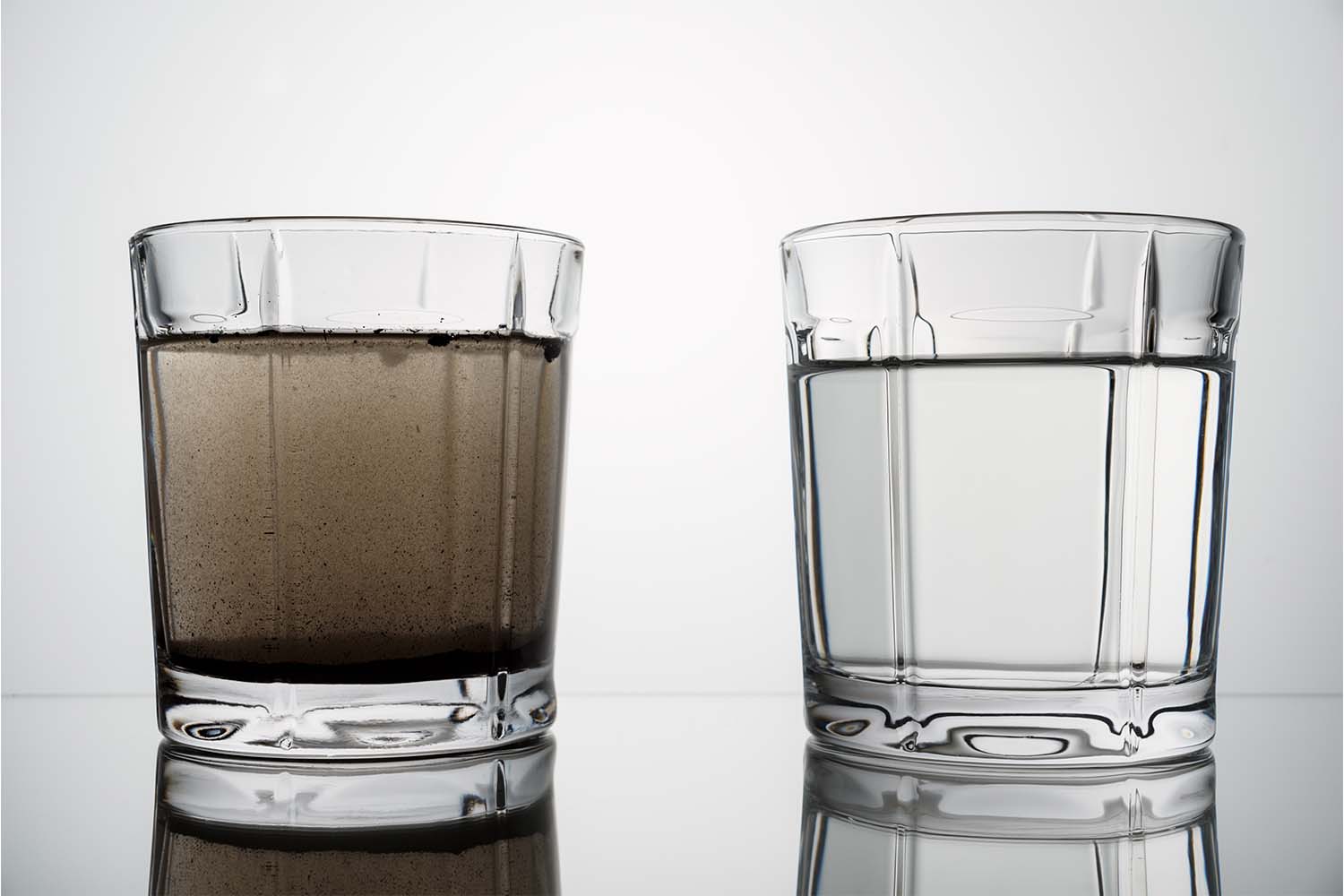Contacting us does not create an attorney-client relationship.

Camp Lejeune is a Marine Corps base that had contaminated drinking water from at least 1953 to 1987. Concentrations of dangerous chemicals were found to be 240 to 3,400 times greater than permitted by safety standards. Based on the strength of the medical evidence, the VA will assume that the following conditions are related to exposure to Camp Lejeune water:
Although the VA has explicitly recognized that these conditions can be related to exposure to water at Camp Lejeune, this is not an exhaustive list. A variety of symptoms have been found to be related to exposure to the chemicals at Camp Lejeune, including:
This is not an exhaustive list of symptoms that may be related to Camp Lejeune. The chemicals found at dangerous levels in Camp Lejeune’s water supply including benzene, tetrachloroethylene (also known as perchloroethylene or PCE), trichloroethylene (TCE), and vinyl chloride (VC) can cause a variety of symptoms depending on their concentration and how they interact with each other.
For years, the U.S. Department of Defense knowingly exposed military servicemembers and their families to hazardous water contamination at Camp Lejeune, North Carolina. Those stationed at Camp Lejeune from 1953 to 1987 were exposed to volatile organic compounds – which even at the time were known to cause many negative health impacts.
In 2015, VA recognized some of the harms caused by the contaminated water at Camp Lejeune, and identified a number of disabilities that VA will automatically grant disability benefits for to Veterans who served at Lejeune from August 1953 through December 1987. VA has also decided to automatically grant healthcare benefits to servicemembers and their families for some additional conditions thought to be caused by water contamination at Camp Lejeune.
Currently, VA regulations allow for automatic service connection and disability compensation for certain conditions for Veterans who served for at least 30 days in Camp Lejeune between August 1953 and December 1987:
If a Veteran has one of the conditions above and served at Camp Lejeune for at least 30 days between August 1953 and December 1987, then they can get service connection and disability compensation for the condition.
In addition, Veterans and their dependents can get healthcare or reimbursement for healthcare based on Camp Lejeune service during 1953 to 1987 for the following conditions:
There are additional disabilities that could be caused by exposure to the contaminated water at Camp Lejeune, even though they’re not automatically recognized by VA.
According to the U.S. Environmental Protection Agency, the health effects of exposure to volatile organic compounds include:
If Veterans or their family members were stationed at Camp Lejeune from 1953 to 1987, and experience any of the conditions above, it might be worth seeking VA benefits.
Exposure to contaminated water at Camp Lejeune between August 1953 and December 1987 has resulted in a number of presumptive conditions, which include adult leukemia, aplastic anemia and other myelodysplastic syndromes, bladder cancer, kidney cancer, liver cancer, multiple myeloma, Non-Hodkin’s lymphoma, and Parkinson’s disease.
In addition to these conditions, the VA has yet to conclude that there is sufficient evidence for presumptive service connection for the following conditions. Scleroderma, breast cancer, lung cancer, esophageal cancer, neurobehavioral effects, renal toxicity, hepatic steatosis, and female infertility are all conditions that research suggests could become presumptive conditions should the science continue to indicate that a connection exists between exposure to contaminated water at Camp Lejeune and the above listed conditions.
It is difficult to say how long it will take for any one of those conditions to become presumptive, due to the nature and limitations of scientific research, but should their presumptive status change, additional veterans will have access to benefits that they are currently denied.
Our monthly newsletter features about important and up-to-date veterans' law news, keeping you informed about the changes that matter.